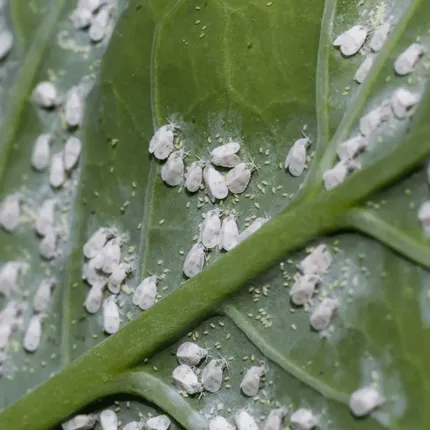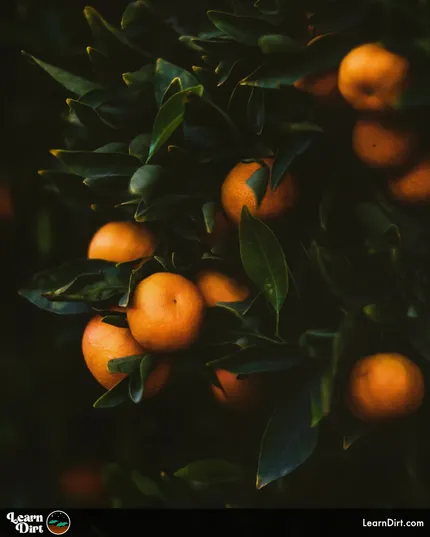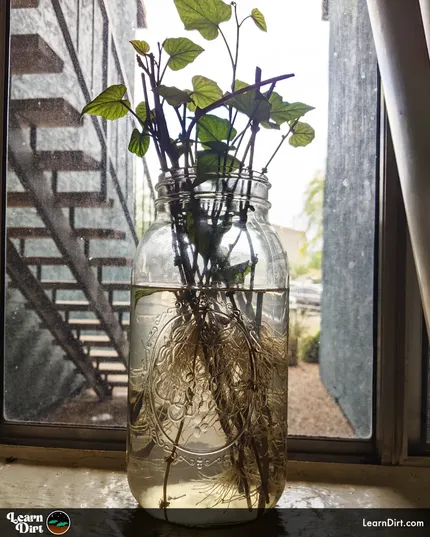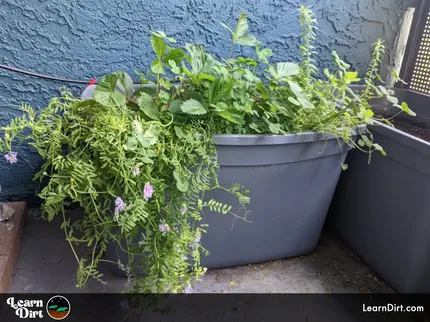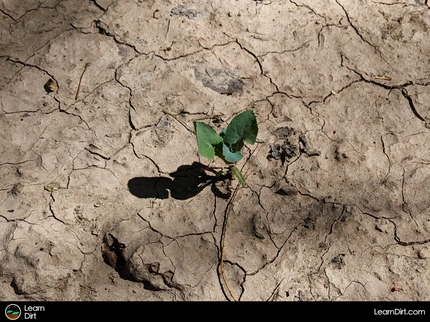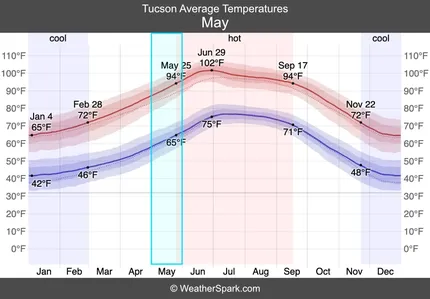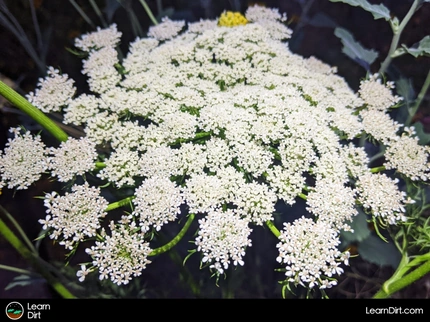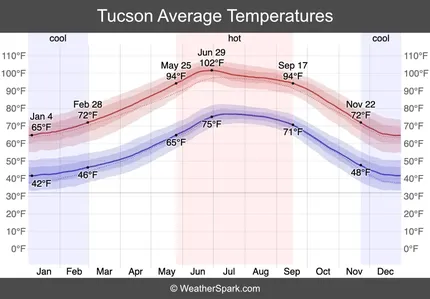Table of Contents
- Grasshopper's Role in the Ecosystem
- Are Grasshoppers Harmful to Gardens?
- Grasshopper Control in the Garden
* Our articles never contain AI-generated slop *
Grasshoppers can be a pain in gardens, especially when they show up in large numbers. With their voracous appetites they can really do a number on plant foliage - eating from 30% up to 100% of their bodyweight each day!
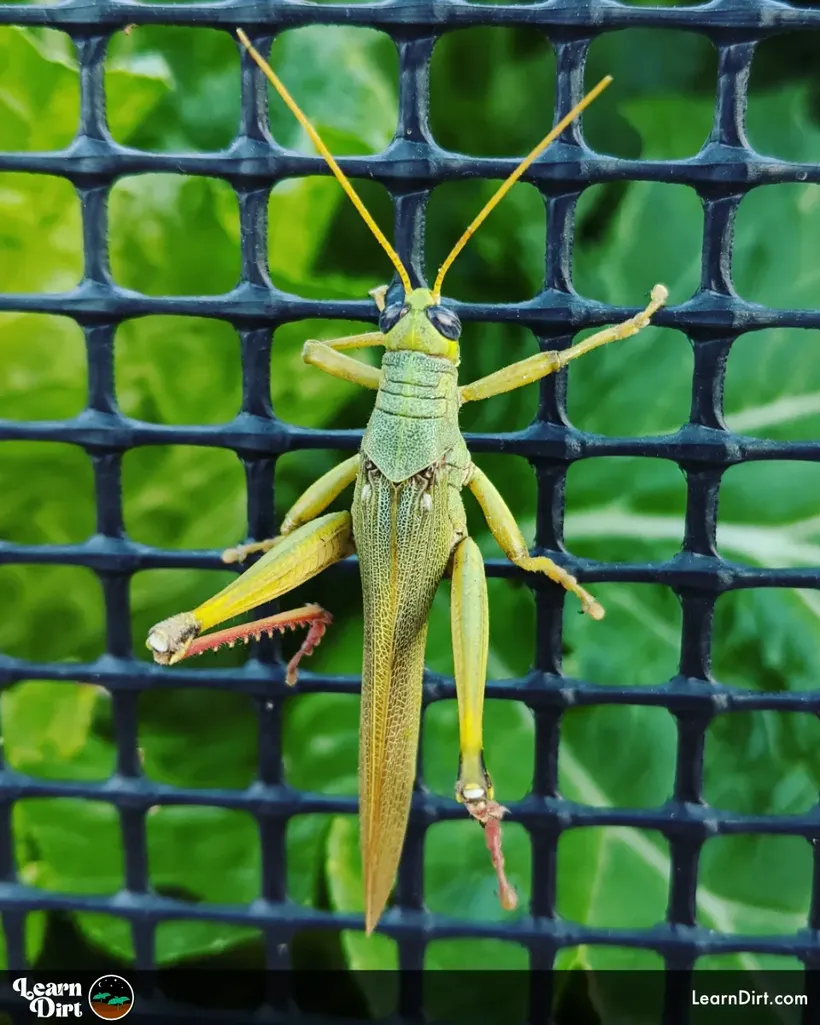
Many sites have spread around the figure 16x their bodyweight each day, but this appears to be over-inflated by referring to young nymphs under optimal conditions and is not representative of real-world averages.
It's normal to feel frustrated when your garden is full of hoppers and leaves are disappearing left and right.
Regenerative gardening sees pests like grasshoppers as symptoms of an imbalanced ecosystem, not a root issue themselves.
Disclaimer: This post may contain affiliate links. Refer to the privacy policy for more information.
Grasshopper's Role in the Ecosystem
What Do Grasshoppers Eat
What Eats Grasshoppers?
Are Grasshoppers Harmful to Gardens?
What Damage Do Grasshoppers Cause?
Grasshoppers are primarily foliovores - eating mostly leaves + grass, and sometimes also flowers + fruits + stems.
How Destructive Are Grasshoppers?
Grasshopper Control in the Garden
In a healthy organic garden, something should always be eating something. Some level of pest pressure must always be accepted as the sign that your garden is healthy and connected to the ecosystem.
The goal is balance, not eradication.
If your ecosystem has fallen out of balance and grasshoppers are becoming a substantial issue, try the following to bring equilibrium back to the system:
Support Predators
Natural grasshopper predators include:
- Bats
- Birds
- Centipedes
- Chickens
- Foxes
- Frogs
- Hedgehogs
- Lizards
- Mantids
- Mice
- Opossums
- Raccoons
- Rodents
- Shrews
- Skunks
- Snakes
- Sparrows
- Spiders
- Squirrels
- Swallows
- Toads
- Turkeys
- Wasps
This is not even a complete list, and may include many more creatures that call your local biome home.
Join The Grower's Community
Find your people.
Your voice matters here 🌱
Check It Out!
Not all of these animals consume grasshoppers as their primary food source (many eat them opportunistically), but all can benefit from the presence of grasshoppers.
Promote Biodiversity
The more of the above-listed animals have access to your garden, the more quickly grasshopper population spurts will be balanced out and become a non-issue.
Many commercial monocrop chemical farmers endure terrible issues with grasshoppers in their cereal graOUTDOORSs specifically because of the lack of biodiversity in those environments.
Soil Health
Healthy soil is the precursor to healthy plants, at least in organic systems.
The healthier your soil, the better your plants will be able to outgrow grasshopper damage, prduce chemotoxins in their leaves as deterrants, and recover from defoliation.
Don't let what's urgent (pest population explosions) detract your attention from what's truly important (soil health and ecosystem balance). The pests are often a red-herring.
That's all for now, thanks for reading!
If you have any questions, comments, or would like to connect with fellow gardeners, head on over to the forum and post there.
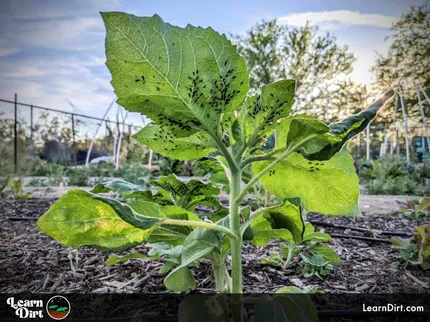
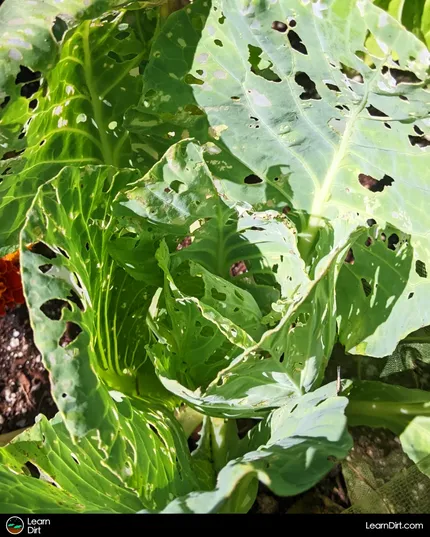
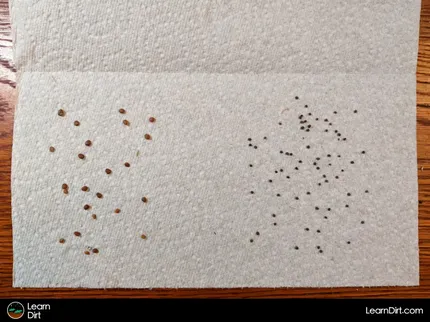
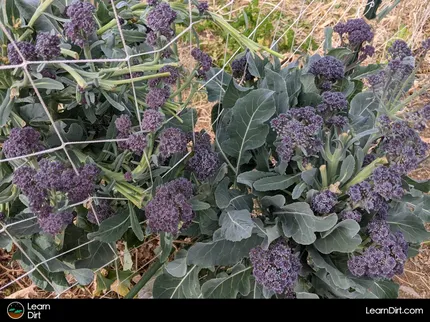
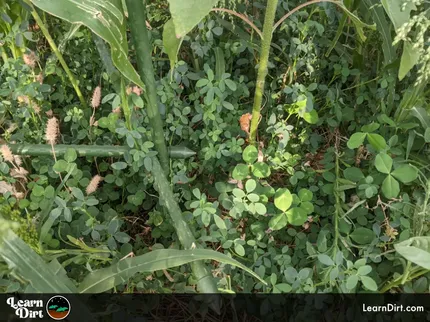
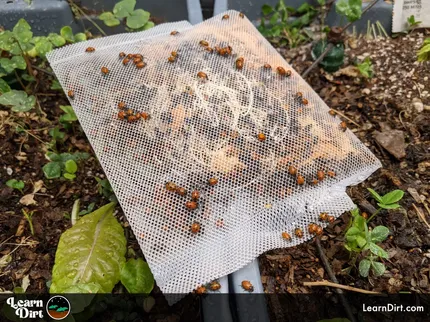
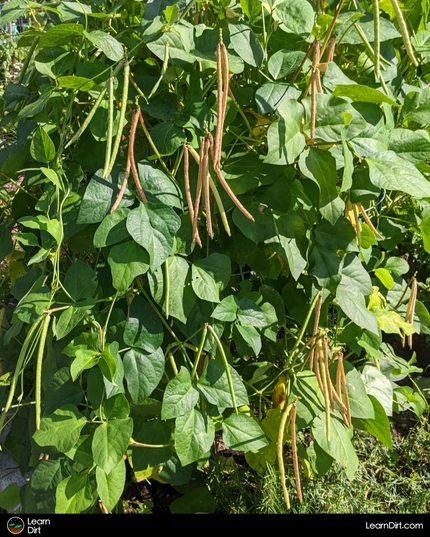
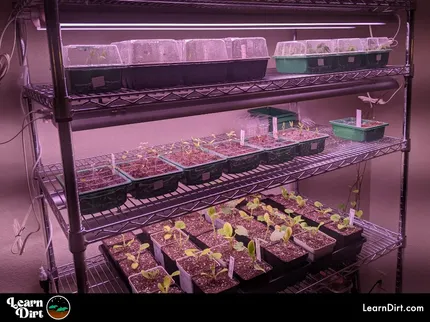
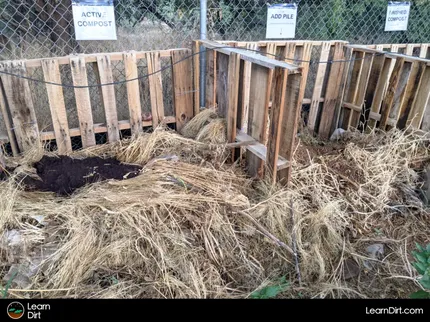
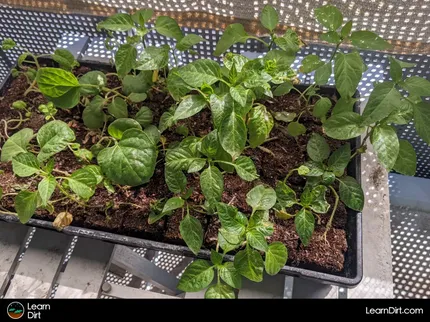
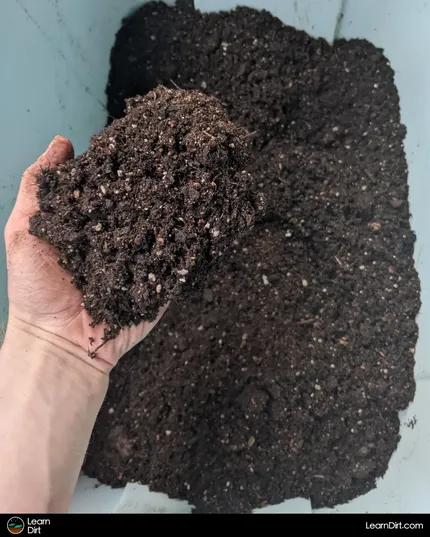
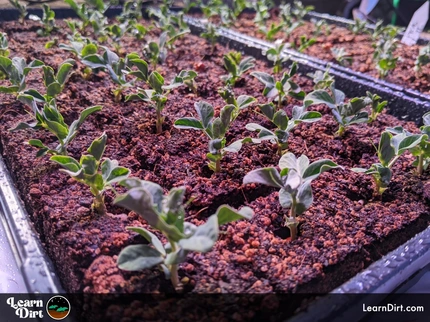


![Don't Till Away Your Carbon [Neon] Sticker](/media/product_images/dont-till-away-your-carbon-[neon]_sticker_260x260.png)
